Faces of Impact joined Harvard’s Climate Week NYC at UNGA 80, contributing to dialogues on climate risk and innovation.
Faces of Impact
Sep 24, 2025
5 min
Climate Action
New York, NY - As global leaders, academics, and innovators gathered in New York during the 80th Session of the United Nations General Assembly (UNGA 80), the Salata Institute for Climate and Sustainability at Harvard University hosted Harvard @ Climate Week NYC 2025. The event united scholars, policymakers, business executives, and civil-society partners to explore how the world can pursue a just, data-driven, and sustainable transition amid accelerating climate risks.
Faces of Impact, a global hybrid cultural institution and next-generation NGO, participated as an official delegate organization, represented by Founder & Chairman Artem Shestakov and President Dr. Priyanka Chahal (Harvard University). Their engagement reflected the organization’s mission to transform recognition into measurable impact, linking research, storytelling, and youth-driven collaboration for planetary wellbeing.
Converging on the Economics and Ethics of Transition
Across three high-level sessions, the convening examined urgent intersections of finance, technology, and policy. The day opened with a welcome from Jim Stock, Harvard’s Vice Provost for Climate and Sustainability, followed by the launch of the Climate-related Financial and Macroeconomic Risk (CFMR) Initiative—a collaboration among Harvard, MIT, Stanford, NYU Stern, and Resources for the Future.
Speakers including Sarah Kapnick (J.P. Morgan) and Bob Litterman (Kepos Capital) highlighted the mounting financial implications of extreme weather, transition shocks, and policy volatility. Delegates discussed how macroeconomic modeling must better integrate social, health, and development dimensions to ensure resilient economies.
Later sessions, such as “Powering Intelligence: Grid Infrastructure, AI, and the Future of Energy in New York and Beyond,” with Steve Ansolabehere (Harvard University), Joe Oates (NY ISO), and Chris Skidmore OBE (UK Parliament), explored how artificial intelligence can both advance and complicate the energy transition. The concluding dialogue, “Turning Policy into Practice: Implementing Climate-Coordinated Trade Policies,” brought together Joseph Aldy (Harvard Kennedy School), Cristina Fróes de Borja Reis (Brazilian Ministry of Finance), and Wopke Hoekstra (European Commissioner for Climate) to discuss aligning carbon pricing and trade rules with global equity goals.

Faces of Impact’s Perspective
Throughout the event and the evening reception, Faces of Impact’s delegation engaged with academics, economists, and policymakers to discuss the human dimensions of climate policy, how environmental change intersects with health, youth opportunity, and cultural resilience.
Artem Shestakov highlighted the cultural role of communication in mobilizing public trust: “Numbers and models are essential, but stories move societies. Faces of Impact works to make climate knowledge accessible, to turn recognition into shared responsibility.”
Priyanka Chahal noted that “climate policy succeeds only when it reaches people’s lives, when evidence is translated into empathy, and when inclusion becomes a design principle rather than a retrospective correction.” Drawing on her Harvard research in global health and delivery systems, she emphasized integrating health-equity frameworks into climate-adaptation strategies.
Both leaders underlined that bridging science and storytelling is critical for building a global movement that resonates beyond policy rooms.

Dialogue, Partnerships, and the Way Forward
The Harvard Climate Week NYC discussions emphasized the urgency of building cross-sector partnerships that integrate economic resilience, social equity, and environmental sustainability. For Faces of Impact, participation reinforced the organization’s commitment to amplifying the role of youth, women, and local communities in shaping climate solutions grounded in justice and inclusion.
In follow-up to the event, Faces of Impact will continue working with research institutions, Harvard-affiliated programs, and international partners to:
Strengthen youth-driven advocacy and leadership in climate and public health initiatives across developing regions;
Collaborate on communication and storytelling platforms that make complex climate and financial research, such as the work emerging from the Climate-related Financial and Macroeconomic Risk (CFMR) Initiative), accessible to broader audiences; and
Support evidence-based policy dialogues and global convenings in the lead-up to COP 29 (Baku) and COP 30 (Belém).
Reflecting on the experience, Dr. Priyanka Chahal remarked:
“Harvard Climate Week offered an inspiring space to connect science with empathy and to see how academic insight can translate into public good. For us at Faces of Impact, it reaffirmed that meaningful change begins when research meets real lives.”

Founder Artem Shestakov added:
“The conversations in New York reminded us that recognition is the starting point, but collaboration is the force that turns it into impact. Faces of Impact will continue to bridge those worlds.”
Event Reference: Harvard @ Climate Week NYC 2025, organized by the Salata Institute for Climate and Sustainability at Harvard University, held September 23 at 583 Park Avenue, New York City.









